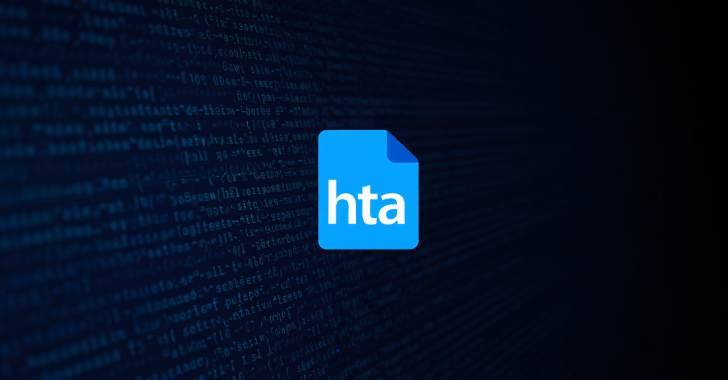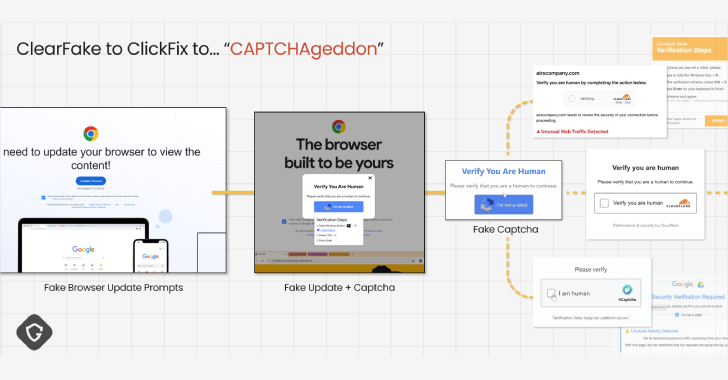
Privacy Compliance: Reviewing the Fundamentals
In today’s digital age, privacy compliance has become increasingly crucial for organizations that handle personal data. From healthcare providers to online retailers, businesses must comply with a myriad of regulations to protect individuals’ privacy rights. In this article, we will review the fundamentals of privacy compliance, exploring what it entails, the importance of compliance, and some key considerations for organizations striving to meet privacy standards.
Understanding Privacy Compliance:
Privacy compliance refers to an organization’s adherence to various laws, regulations, and industry standards designed to protect personal information. These regulations dictate how personal data is collected, stored, used, and shared. Organizations are responsible for implementing practices and safeguards that safeguard individuals’ privacy rights.
The Importance of Privacy Compliance:
- Legal Obligations: Privacy compliance is not an option but a legal requirement. Laws like the General Data Protection Regulation (GDPR) in the European Union and the California Consumer Privacy Act (CCPA) in the United States have established strict guidelines for handling personal data. Non-compliance can result in hefty fines, legal repercussions, and reputational damage.
- Protecting Individuals’ Rights: Privacy compliance is essential for respecting individuals’ rights to privacy. It ensures that organizations handle personal data responsibly and protect it from unauthorized access or misuse. Compliance helps foster trust between organizations and their customers, enhancing the overall customer experience.
- Mitigating Data Breach Risks: Data breaches have become a prevalent issue, causing financial losses and reputational damage to organizations. Privacy compliance frameworks often include security measures to minimize the risk of data breaches and ensure the safe handling of personal data. By implementing these measures, organizations can protect sensitive information and mitigate potential risks.
- Enhancing Organizational Reputation: Privacy compliance is closely linked to an organization’s reputation. Building a strong reputation for privacy compliance demonstrates a commitment to protecting individuals’ privacy rights and can differentiate an organization from its competitors. Customer trust and loyalty are crucial in today’s business landscape, and privacy compliance helps foster that trust.
Key Considerations for Privacy Compliance:
- Consent Management: Consent forms the foundation of privacy compliance. Organizations must obtain explicit and informed consent from individuals before collecting and processing their personal data. Consent forms should clearly outline the purposes of data processing, the data involved, and any third parties with whom the data may be shared. It should also provide individuals with the right to withdraw consent at any time.
- Data Minimization: Organizations should practice data minimization by collecting and retaining only the necessary personal data required for specific purposes. Collecting excessive or unnecessary data exposes individuals to privacy risks and may violate privacy regulations. By minimizing data collection, organizations reduce their data storage burden and lower the risk of data breaches.
- Data Subject Rights: Privacy compliance includes respecting individuals’ data subject rights. Individuals have the right to access their personal data, rectify inaccuracies, request deletion, and restrict processing. Organizations must have mechanisms in place to handle these requests promptly and effectively, as failure to do so can result in legal penalties.
- Third-Party Data Sharing: Organizations often engage with third-party service providers and vendors who may have access to personal data. Privacy compliance requires organizations to perform due diligence on these third parties, ensuring they have appropriate privacy and security measures in place. Contracts and agreements should clearly define the responsibilities and liabilities of all parties involved in data processing and sharing.
- Data Security: Privacy compliance goes hand in hand with data security. Organizations must implement robust security measures to protect personal data from unauthorized access, data breaches, and cyber-attacks. This includes using encryption technologies, regularly updating security protocols, and training employees on data security best practices.
- Privacy by Design: Privacy compliance advocates for an approach called Privacy by Design (PbD). PbD involves considering privacy and data protection principles at the initial stages of designing systems, processes, and products. By incorporating privacy considerations into the design and development phase, organizations can proactively address privacy concerns and avoid potential compliance pitfalls.
- Regular Assessments and Audits: Privacy compliance is an ongoing process that requires continuous monitoring and assessment. Regular privacy assessments and audits help organizations identify potential compliance gaps, review existing policies and practices, and strengthen privacy measures. External audits or engagements with privacy professionals can provide an unbiased evaluation of privacy compliance efforts.
Conclusion:
Privacy compliance is a multifaceted responsibility that organizations must prioritize in today’s privacy-conscious world. By understanding the fundamentals of privacy compliance, organizations can better protect personal data, comply with legal requirements, and build trust with their customers. Consent management, data minimization, data subject rights, third-party data sharing, data security, privacy by design, and regular assessments are critical components of privacy compliance. By implementing these practices, organizations can effectively navigate privacy regulations, mitigate risks, and safeguard individuals’ privacy rights
Contact Cyber Defense Advisors to learn more about our Privacy Compliance solutions.





